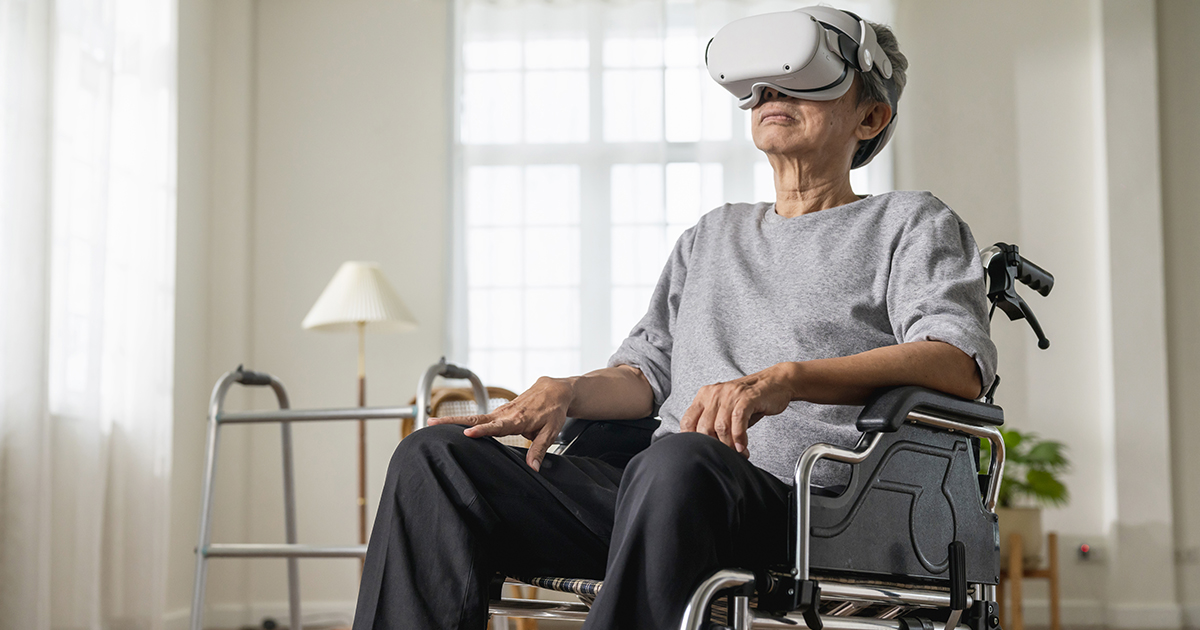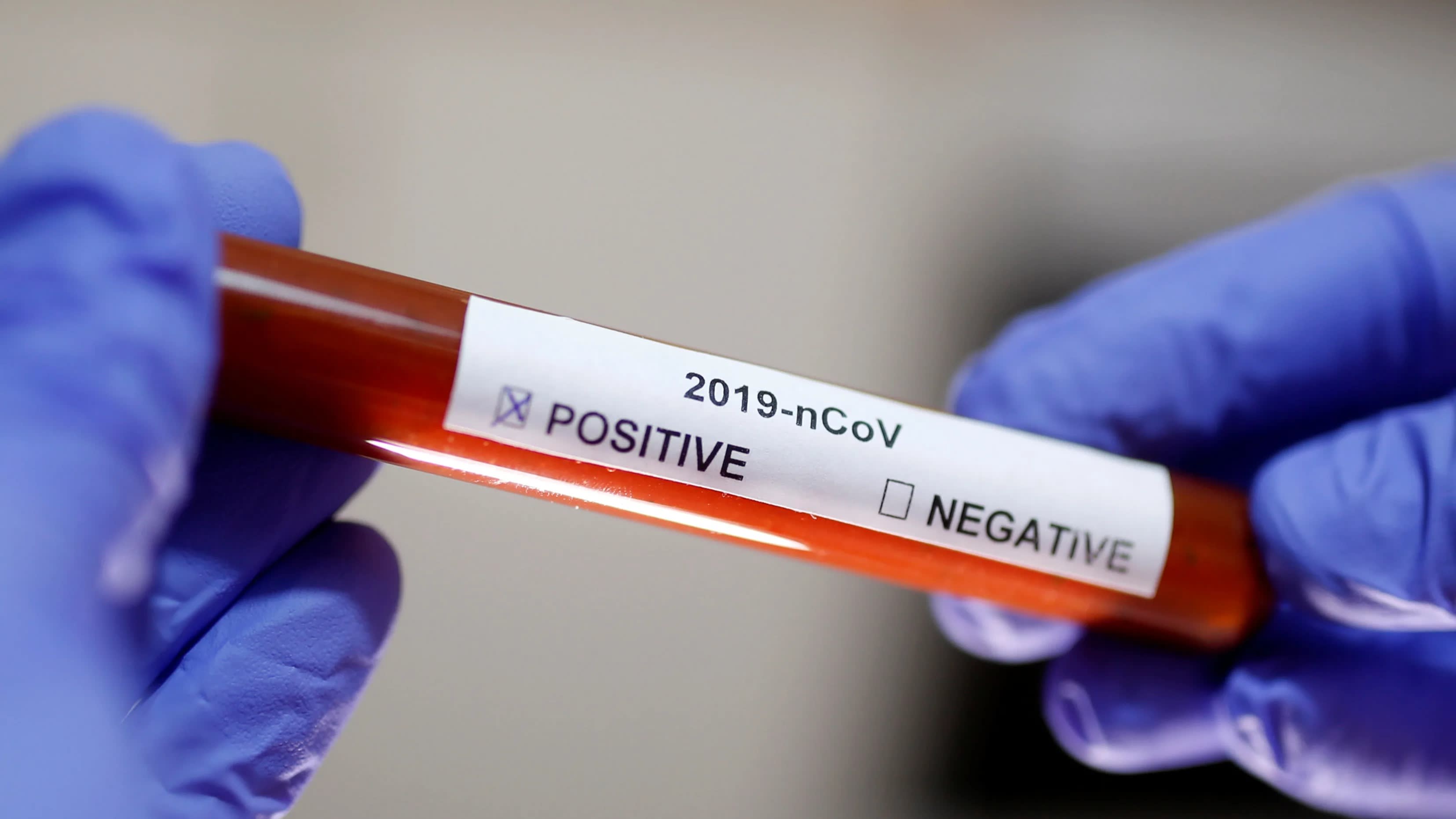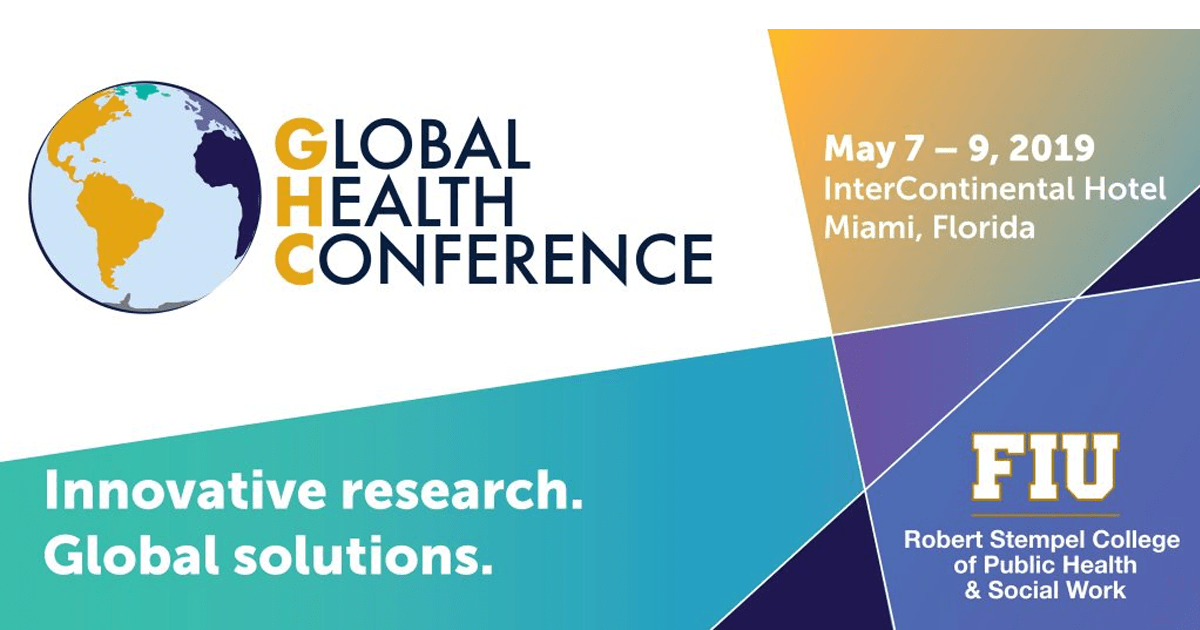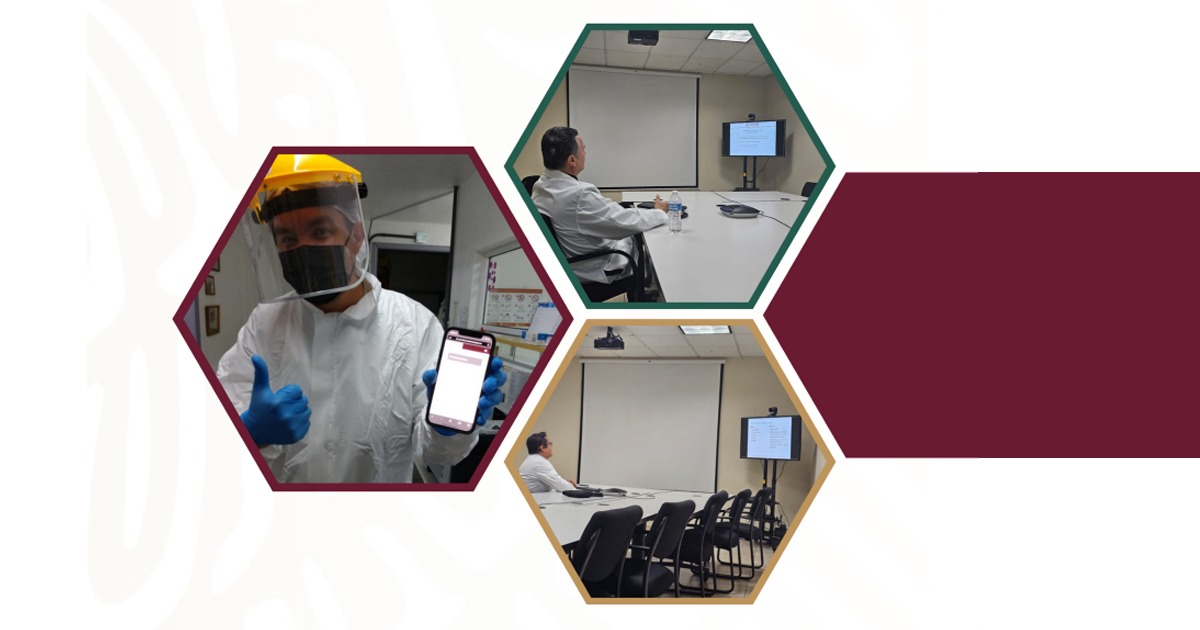The metaverse concept combines reality with experience in a digital world, which could drive Digital Health and educational and training techniques for medical professionals.
The Metaverse has become one of the most talked about concepts over the past year, after social media conglomerate Facebook Inc changed its name to Meta Platforms Inc, or just Meta, in October last year. In this way, the metaverse seeks to promote and innovate in interaction, work, play, commerce, among other categories, at a different level from how it is currently done, that is, not only through telephones and computers connected to the Internet, but through a shared virtual space that is combined with the physical experience.
In this sense, the metaverse incorporates four main technologies such as virtual reality, augmented reality, mixed reality and extended reality. These concepts are key to access the virtual universe. In the health care sector, the metaverse has several potential applications, such as immersive therapy, decentralized trials, education and training of medical professionals, among others.
After Digital Health tools played an important role during the pandemic, for example, telemedicine, remote monitoring, contact tracing, among others, the arrival of the metaverse can open new opportunities to improve health systems. In other words, it could accelerate an already growing trend in the adoption of new technologies in medical care and health care.

For example, with the application of new tools, medical students could interact virtually in simulations of operations or surgical procedures to facilitate their learning; augmented reality could be used for the visualization of specific organs of patients; or they would have the potential to improve interoperability between health systems and electronic medical records and favor the exchange of medical information.
However, one of the main challenges of the multiple applications of Digital Health within the metaverse is its regulation and regulation through specific frameworks and laws. Laws on data protection and cybersecurity must take into account the large collection of data that will be necessary for the provision of health services in the metaverse. In addition to favoring the conditions for applying blockchain in health data and promote interoperability between devices to ensure access to the metaverse to more users.
"The metaverse removes many of the geographical boundaries that can restrict the provision of health care services in daily life, and different countries vary greatly in their legal structure, especially with respect to their health laws," explain Julia K. Kadish specialist in health law. “Building and maintaining patient trust in the context of a confusing sea of legal requirements will be critical to long-term success,” he adds.
For his part, Douglas Grimm, specialist in regulation of health systems and consultant to hospitals and health providers in terms of regulation, explains that “the metaverse presents a great opportunity for health care providers to connect with patients and other providers. and businesses in an interactive way that was considered science fiction just a few years ago. But like every new frontier, technological or otherwise, there are legal and regulatory hurdles to consider and overcome. Some are familiar, while others are novel.
NAT LAW REVIEW
https://www.natlawreview.com/article/digital-health-metaverse-three-legal-considerations
https://www.natlawreview.com/article/metaverse-legal-primer-health-care-industry
JD SUPRA
https://www.jdsupra.com/legalnews/the-metaverse-a-legal-primer-for-the-2759116/
DIGITAL HEALTH MAGAZINE
https://www.revistasaluddigital.com/es/noticia/metaverso-consideraciones-legales-en-salud
LEXOLOGY
https://www.lexology.com/library/detail.aspx?g=a0708c2f-7c49-484f-b1de-2aadb256c1cc






